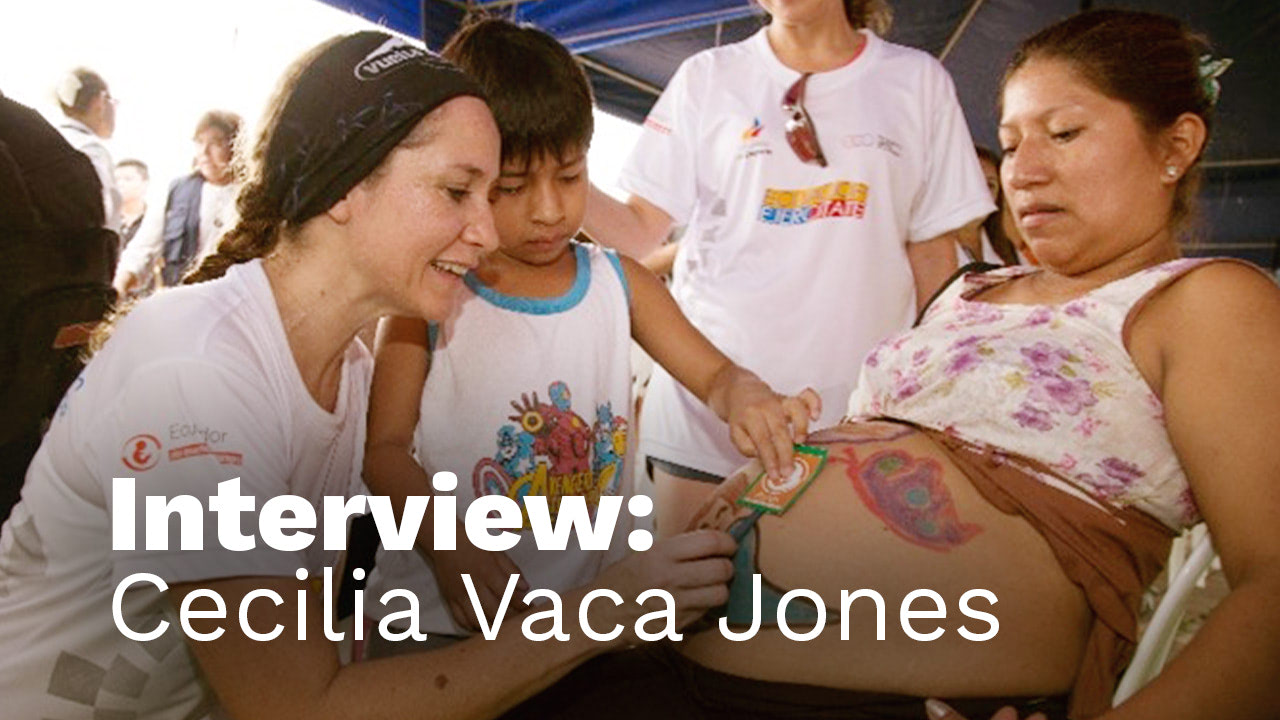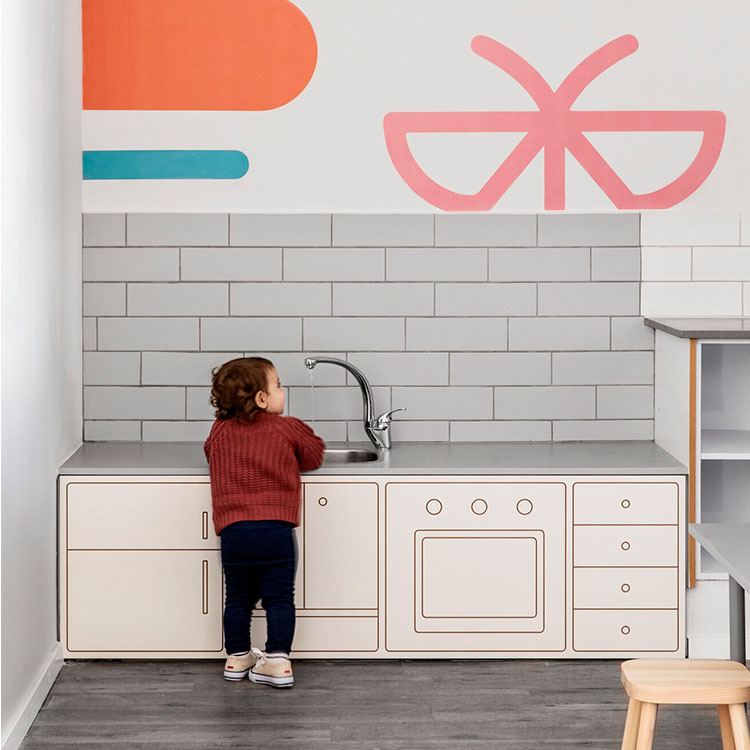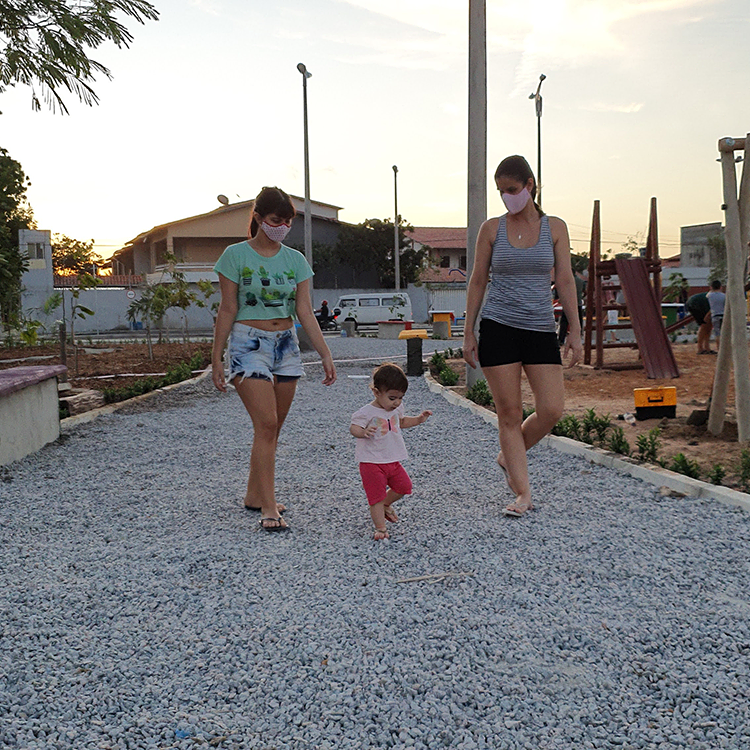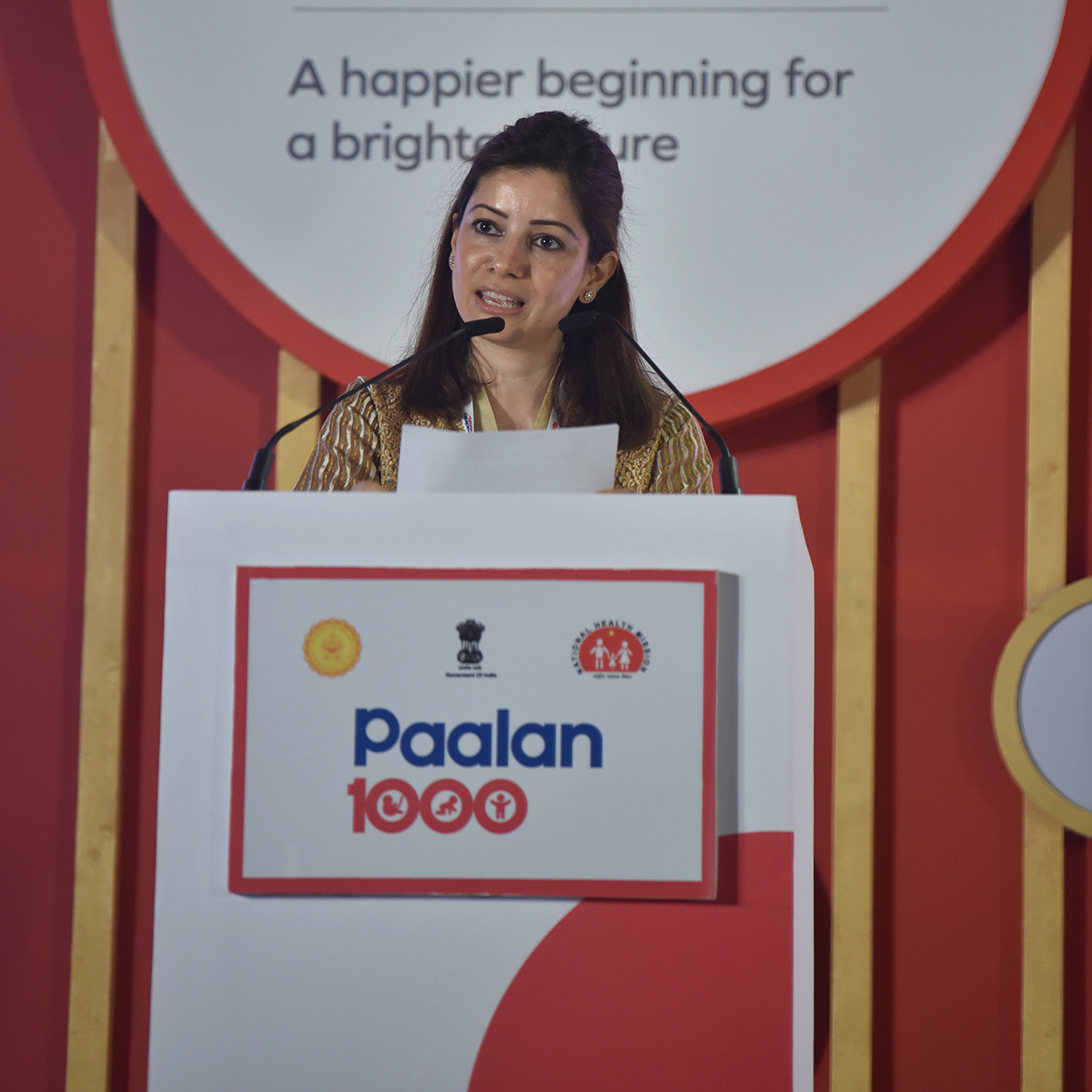Cecilia Vaca Jones shares her reflections on how philanthropy and government can learn from each other and work together.
Cecilia Vaca Jones joined the Bernard van Leer Foundation in 2016 and served as Executive Director from 2019-2022. In conversation with Lisa Witter, Cecilia reflects on how the Foundation has been on an organisational journey of transition towards decentralised leadership and a greater focus on scale through working with governments.
You worked in government before the Bernard van Leer Foundation. How has that shaped your views about the importance of process?
When I joined the Foundation in 2016, I could see there was a separation between “this is what government does” and “this is what the philanthropic sector can support”. I was thinking more about how I could help the philanthropic sector work together with governments.
We cannot think about having impact at scale if we’re not bringing all the different stakeholders into the conversation. If you want to reach scale, you need to work with governments. When you are able to institutionalise processes, things can improve from both a planning perspective and a strategic perspective.
You’ve said there are lots of things that philanthropy can learn from government. What are some examples?
When you’re working in government, everything is urgent – everything has to be done yesterday. This sense of urgency is something I don’t necessarily feel all the time in philanthropy.
Another example is thinking systematically. It’s true that many governments still work in silos, but governments do represent a system and I think often in the philanthropic sector we could do better at understanding how to work systemically across sectors with different stakeholders and make sure our role complements what others can do.
Many times people in philanthropy can feel “we’re big enough to save the world”, but the way I see it we all need to collaborate together if we want to save the world. In the case of early childhood development, I think that we can have so much more impact if we can truly work together.
For me a perfect example of this is the Bernard van Leer Foundation’s executive courses, which bring together the knowledge we have developed with different technical partners, the platform of academia to spread that knowledge, and participants invited from public services who can implement solutions and achieve impact.
You’ve made some changes in the way the Foundation does things. Tell me about that, and what you think the legacy will be.
One thing that makes the Foundation unique is how we not only distribute grants but also learn from the process of implementation so that we can give technical assistance alongside future grants, whether in-house or local or global. For me this loop of learning, reflecting and sharing knowledge with the rest of the world is very important.
What role does teamwork have in philanthropy?
I feel very proud of the teamwork we did to collaborate towards common goals. During Covid, we needed to adapt quickly to challenges – we had already decentralised our teams at a country level and thanks to them we were able to continue working on the ground.
It also comes down to basic things, such as seeing reports as a shared responsibility not an individual one. It adds a lot of value when you work as a team to produce a report to the board, or an Early Childhood Matters publication, bringing in as many people as possible to reflect on what we’re doing and how best to inform others.
Who have you worked with that you’ve learned the most from?
I want to highlight in particular that I feel very lucky to have met so many powerful women. Just to mention a couple, Skye Duncan shocked me when I first met her by asking me to define what a “street” is, because I could see that I was instinctively relating “street” to “cars” rather than the idea of public space. Another is the architect Selva Gürdogan, who has done amazing work on rethinking the design of parks and playgrounds.
Michelle Bachelet and Helen Clark are two women from politics who I admire. Just the fact that such women are linked to early childhood means there’s an opportunity to keep it at the top of the political agenda.
Why do you see the role of data as so fundamental?
I think this is also something I bring from my government experience, because there’s no way you can make good policy without good data. Likewise you want to make sure that you have good data to monitor projects, tell your stories and create great reports. There’s so much room for improvement in the way we collect data and what we do with it.
Urban95 is an attempt by the Foundation to create systemic change by bringing together multiple stakeholders to look at cities from the perspective of a three-year-old. This is not just about kids, it’s really about the whole system. What have you learned?
Urban95 has been one of my favourite parts of our work – the idea that early childhood development is not only related to social policies, it also has to relate to urban policies and development policies. The Urban95 framing triggers something in everybody by giving them a different perspective.
For me what has been really interesting about our work with cities is how many opportunities we have from an urban planning or urban design perspective to really transform people’s lives.
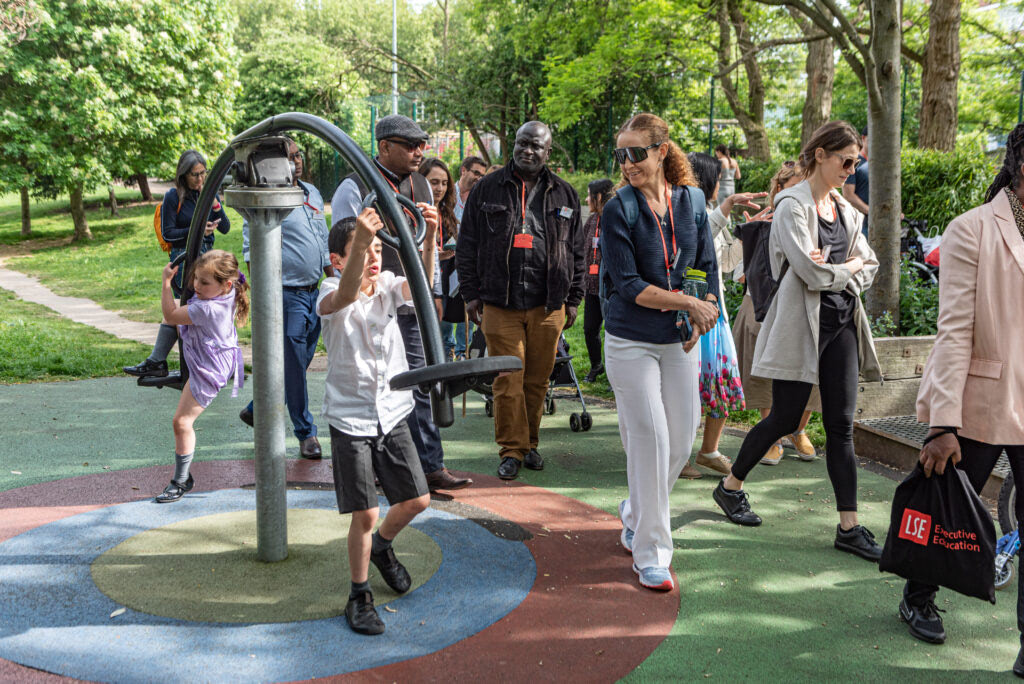
How did you bring this systems approach to your work on climate?
We did a lot of work to bring the climate lens into the early childhood field. Many times when you talk with climate change stakeholders, they’re not necessarily talking about people – they’re talking about very technical terms, and kind of put people out of the story. If you bring in babies and young children, who are the future of humanity, then the story becomes a lot stronger.
The world is seeing more and more refugees every day. What have you learned about refugees and early childhood from working with cities on the border of Venezuela?
We learned many lessons, especially at a city level. You have all these people arriving into your city: how are you able to cope with the demands of families, especially those with very young children? What are the best responses to protect these young children from trauma? We have been very careful to make sure that we document good practices and successful experiences to help others.
It was especially amazing to see the leadership of Teresa Surita, who was the mayor of Boa Vista, as she opened the doors of her city’s social services to Venezuelan families and hosted them in a way that they felt welcome. Understanding that women and children are the people who most need to be protected, because they are the most vulnerable, can make all the difference in this kind of situation.
How did Covid impact your organisation, especially as so much of what you do is bringing people together? What leadership attributes did you have to tap in yourself?
From a management perspective it was challenging, of course, because the pandemic demanded a fast response at the beginning. We decided to focus on trying to make sure that parents could access reliable information on how they can deal with supporting their youngest children during the pandemic time.
The pandemic also led to the organisation of a lot of online events, through which we learned that we could expand the impact of some of the learnings and knowledge we have developed over the years. That was actually a great opportunity.
Finally, what’s the future of early childhood?
Early childhood development will always be one of the most important things to work on, because we’re talking about the foundation of every society.
I’m aware of the economic return from investing in early childhood development, but I’m more interested in the social return. My main hope for the future is that many more stakeholders will see the importance of investing – I am concerned that, because of the current crisis, a lot of the budget that was defined for early childhood could start switching to other priorities.
I also hope we can keep thinking about this holistic way of seeing early childhood development – not just ensuring the basic services such as health, education, social welfare and nutrition, but also seeking to understand what is happening with families, who sustain children. I think for the future we’re going to have to do a lot more on the mental health of caregivers and young children, which could become a new pandemic.
I like to use the metaphor of inviting people to a party: even if you have a very diverse party, with people coming from all over the world, once the party starts not everybody gets invited to dance. For me it’s about how we can make sure that we’re inviting everybody to dance. I think we still have a lot of work to do towards an inclusive world where we really listen to diversity of thoughts and visions.
